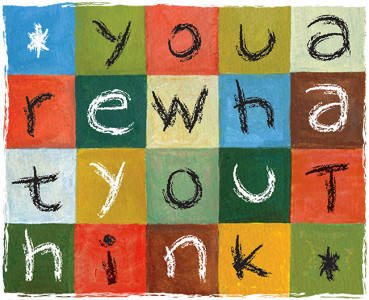Self-help as psychological healthism

[W]e are in a new era of mass self-help, wherein the laboratory and the writer work together to teach us how to change ourselves, rather than our world. (Boris Kachka)
I’m interested in self-help for the same reasons I’m interested in healthism. “Self-help is the psychiatric equivalent of healthism,” I once wrote. Healthism is an anxious preoccupation with one’s physical health, encouraged by those who profit financially from inducing anxiety. Self-help is an anxious preoccupation with one’s psychological self, encouraged by an abundance of self-help literature, personal seminars, and tell-all TV shows. (More fundamentally, of course, the proliferation of self-help advice is the result of a profound twentieth century change in how we understand ourselves, which is the subject of this blog.)
Both healthism and self-help assume that individuals are ultimately responsible for their problems, whether medical or psychological. Personal responsibility relieves society of the expense and inconvenience of creating healthier, more equitable lives for its members. Robert Crawford pointed this out in 1980. That early glimmer of a potential trend has done nothing but escalate. Read more





